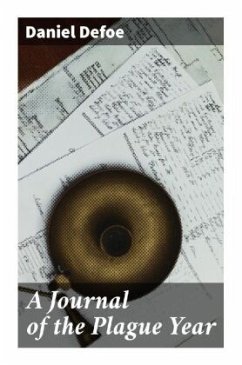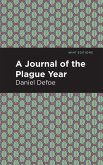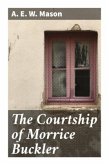In 'A Journal of the Plague Year,' Daniel Defoe intricately weaves a harrowing narrative set against the backdrop of the 1665 Great Plague of London. This semi-fictional journal, drawing on both historical records and imaginative reconstruction, offers a vivid portrayal of the socio-political and psychological impacts of the epidemic. Stylistically, Defoe employs a meticulous, observer-based approach, blending detailed descriptions with a personal voice that enhances the immediacy of the unfolding crisis. The work serves not only as a compelling historical account but also as a commentary on human resilience amidst calamity, situating it firmly within the early 18th-century context of burgeoning realism and empirical observation in literature. Daniel Defoe, a writer whose own life was marked by adversity and a keen interest in societal issues, was deeply influenced by the tumultuous events of his time. Having experienced the social upheaval brought by the plague, as well as the Great Fire of London, Defoe's extensive research and personal reflections fuel this rich narrative. His unique background as a novelist, journalist, and pamphleteer enables him to capture the essence of 17th-century London with unparalleled authenticity. 'A Journal of the Plague Year' is an essential read for anyone interested in the intersections of history and literature. Its profound exploration of human suffering, societal breakdown, and resilience offers timeless insights that resonate deeply with contemporary readers. Defoe's masterful blend of fact and fiction invites readers to reflect on the nature of crisis and the indomitable spirit of mankind, making it a poignant and relevant addition to both literary and historical studies.
Bitte wählen Sie Ihr Anliegen aus.
Rechnungen
Retourenschein anfordern
Bestellstatus
Storno








